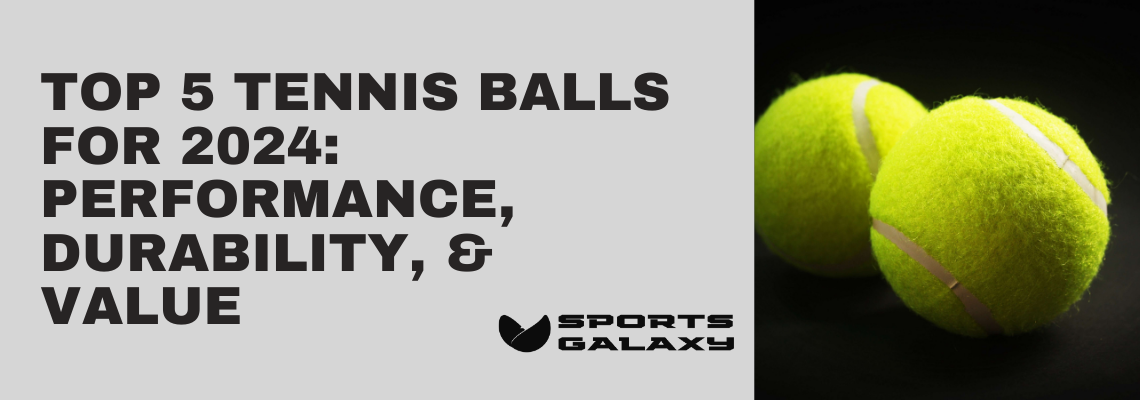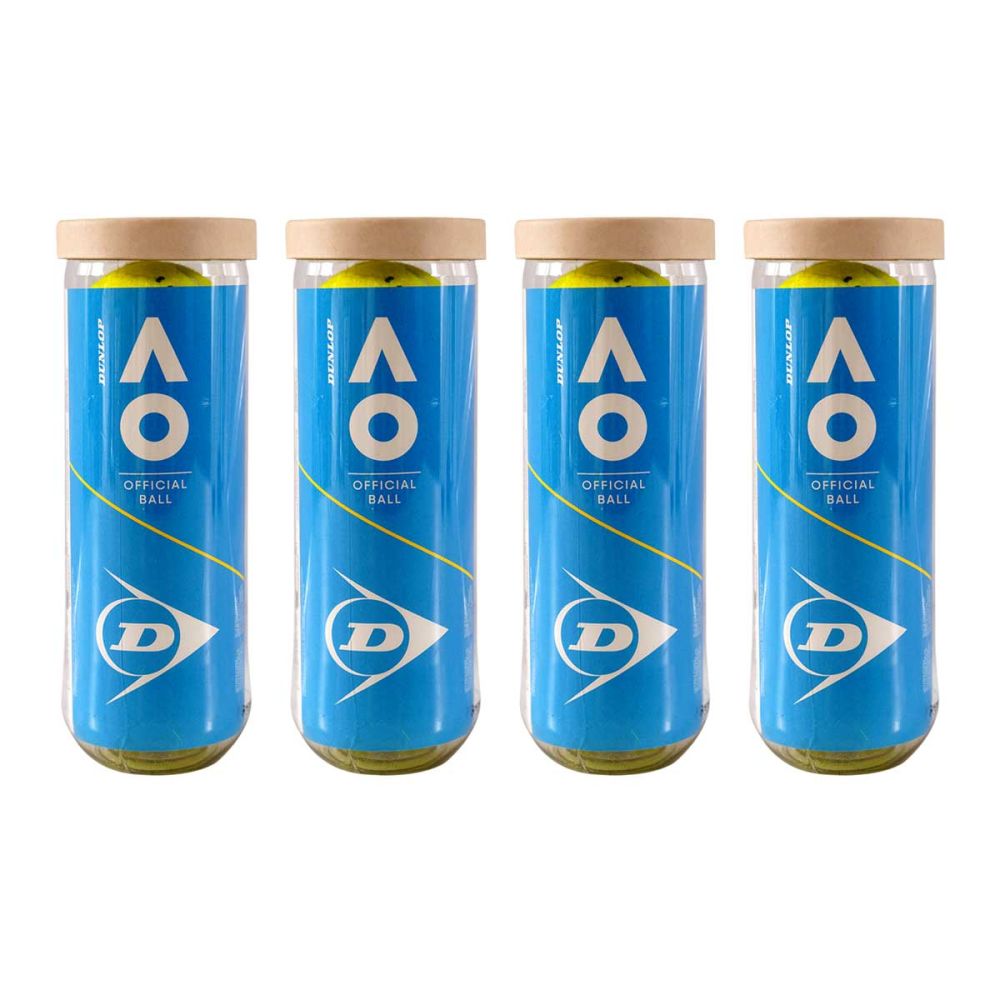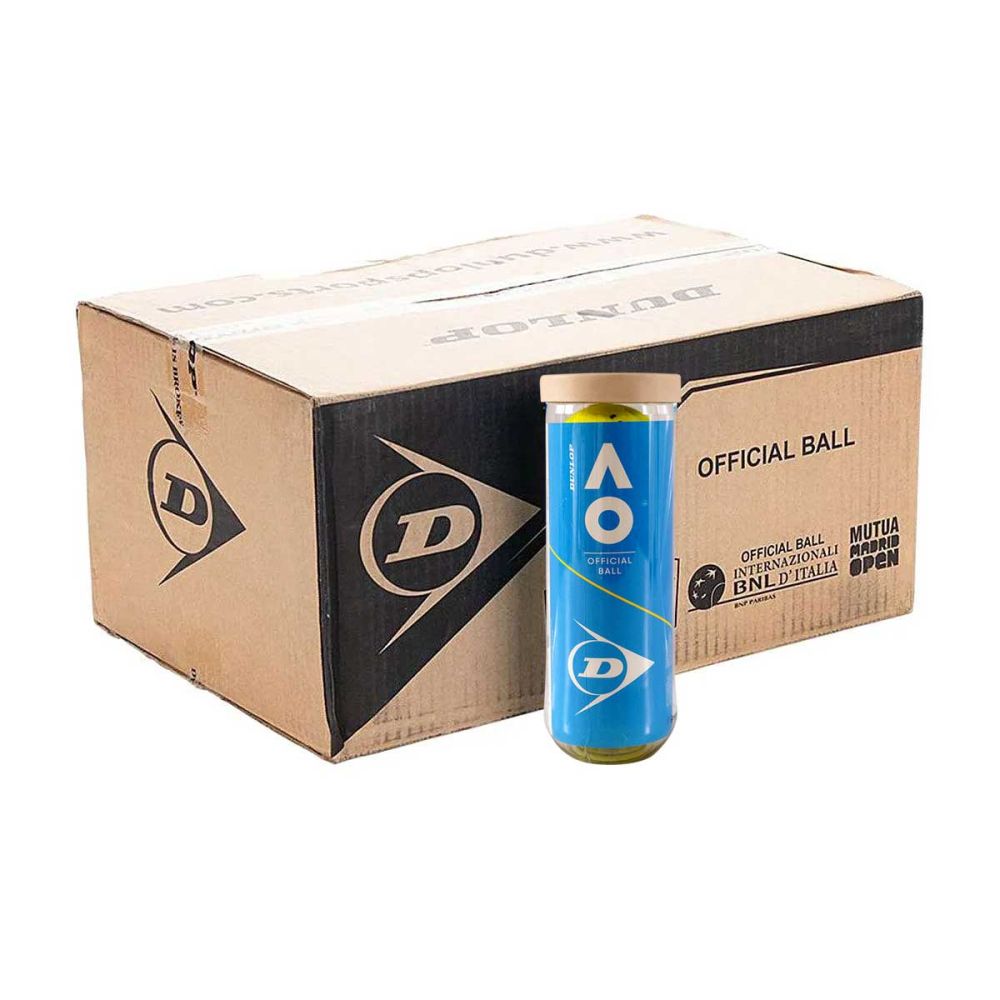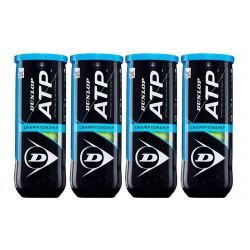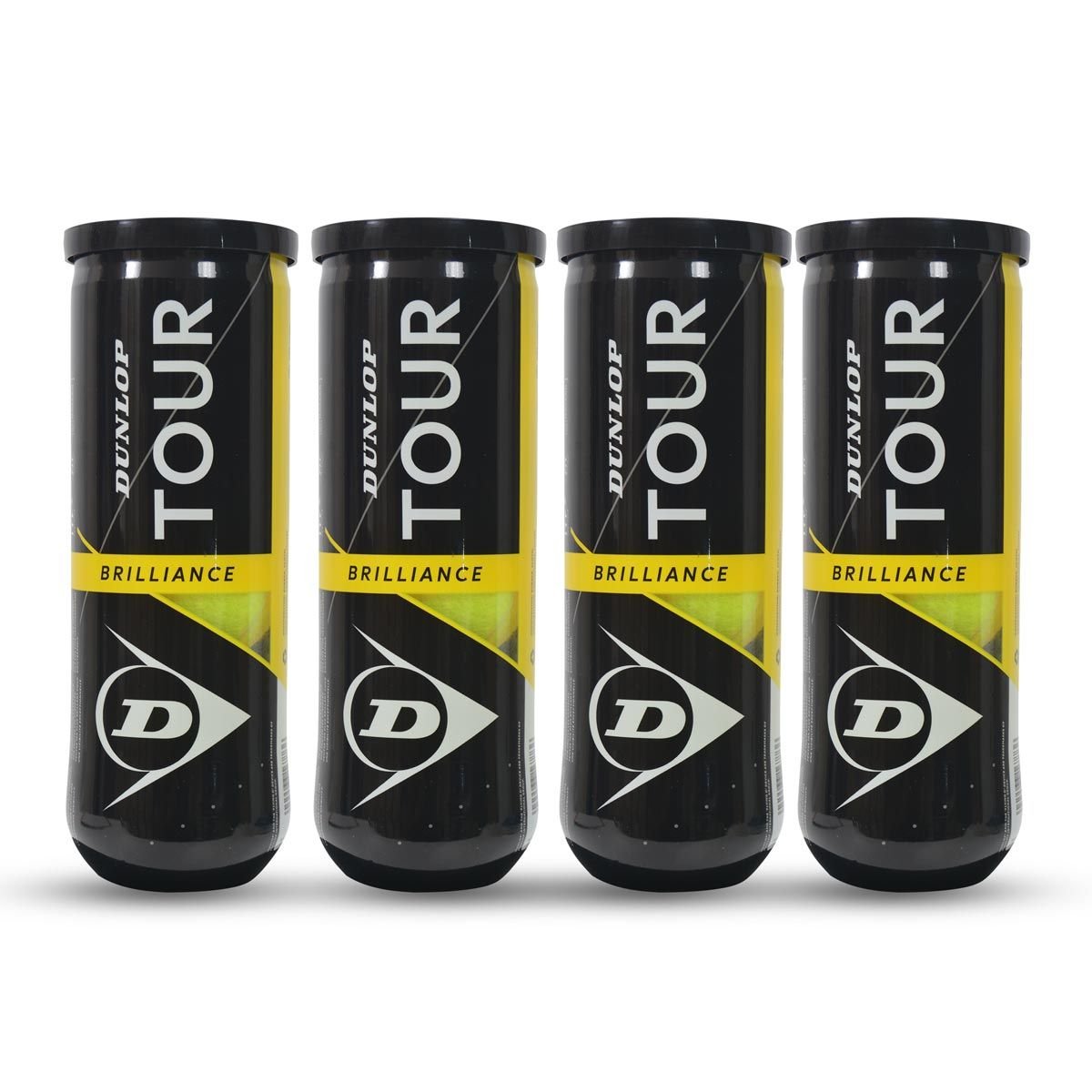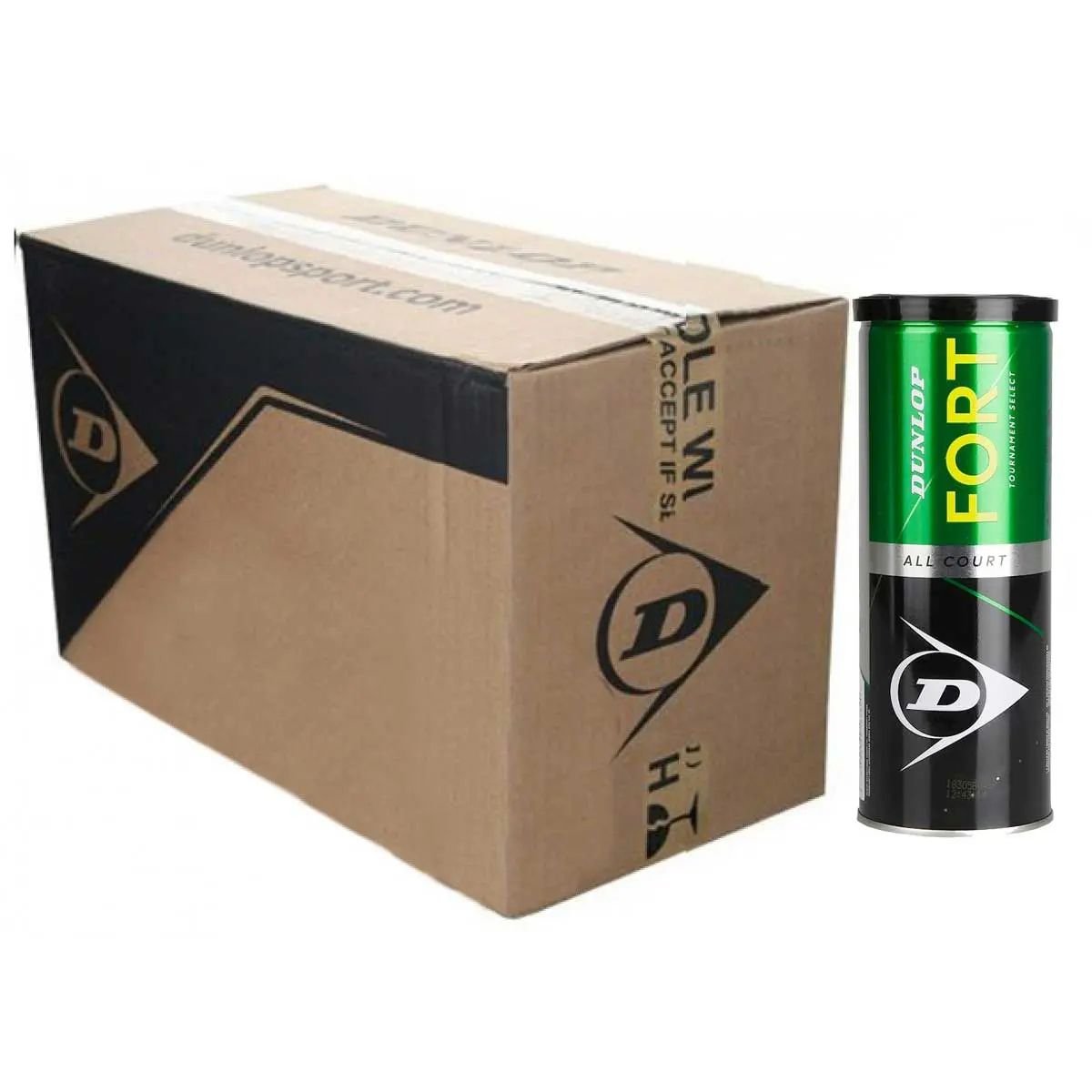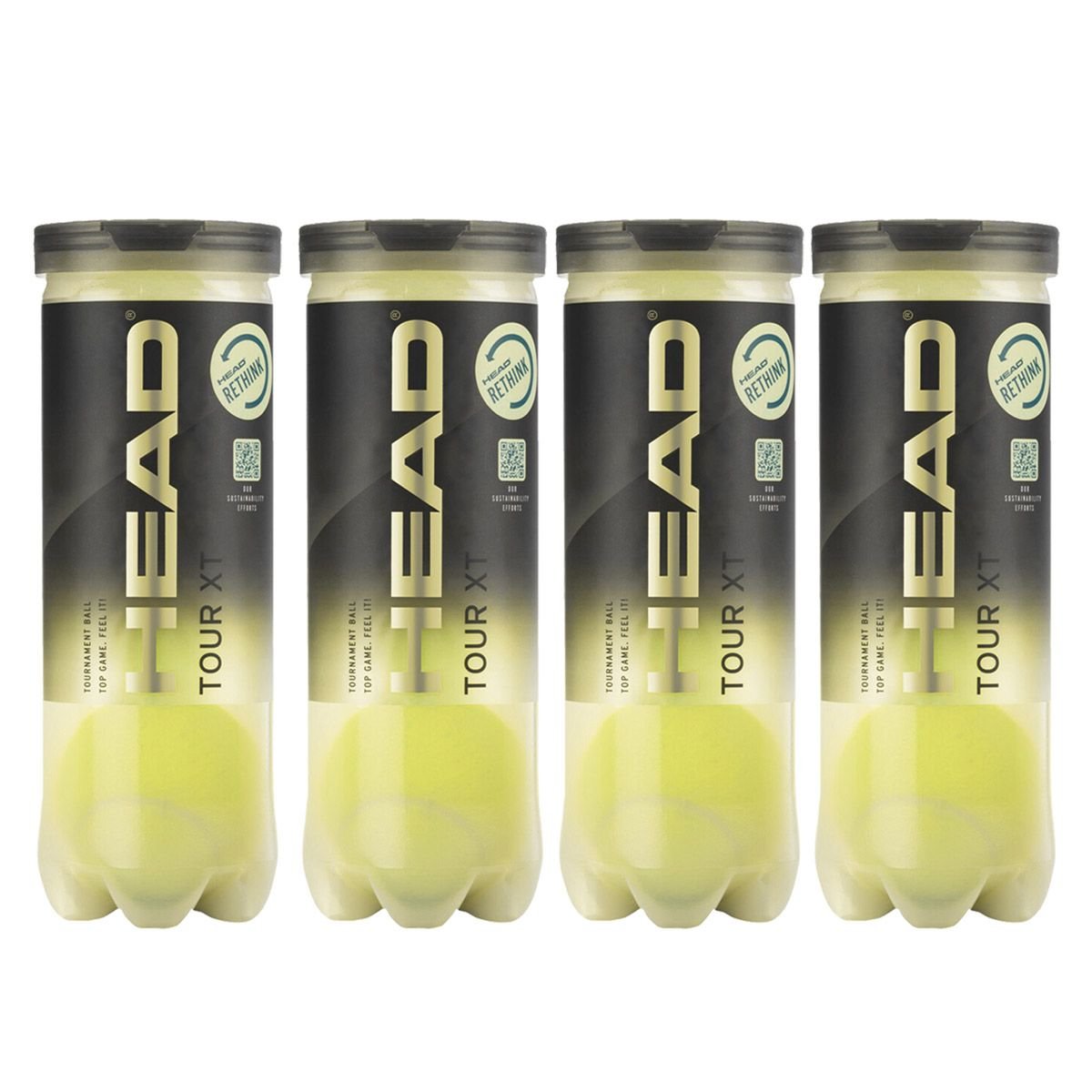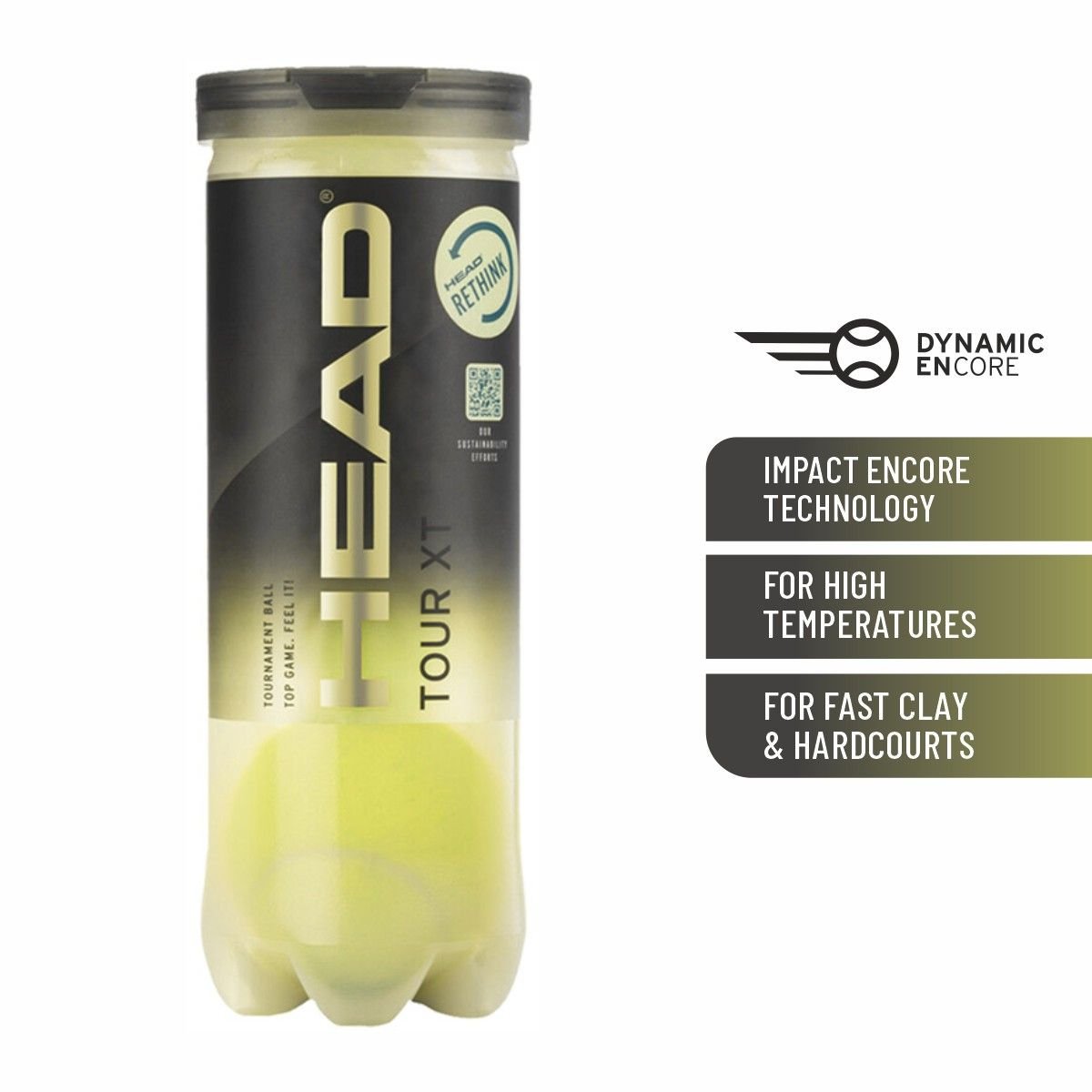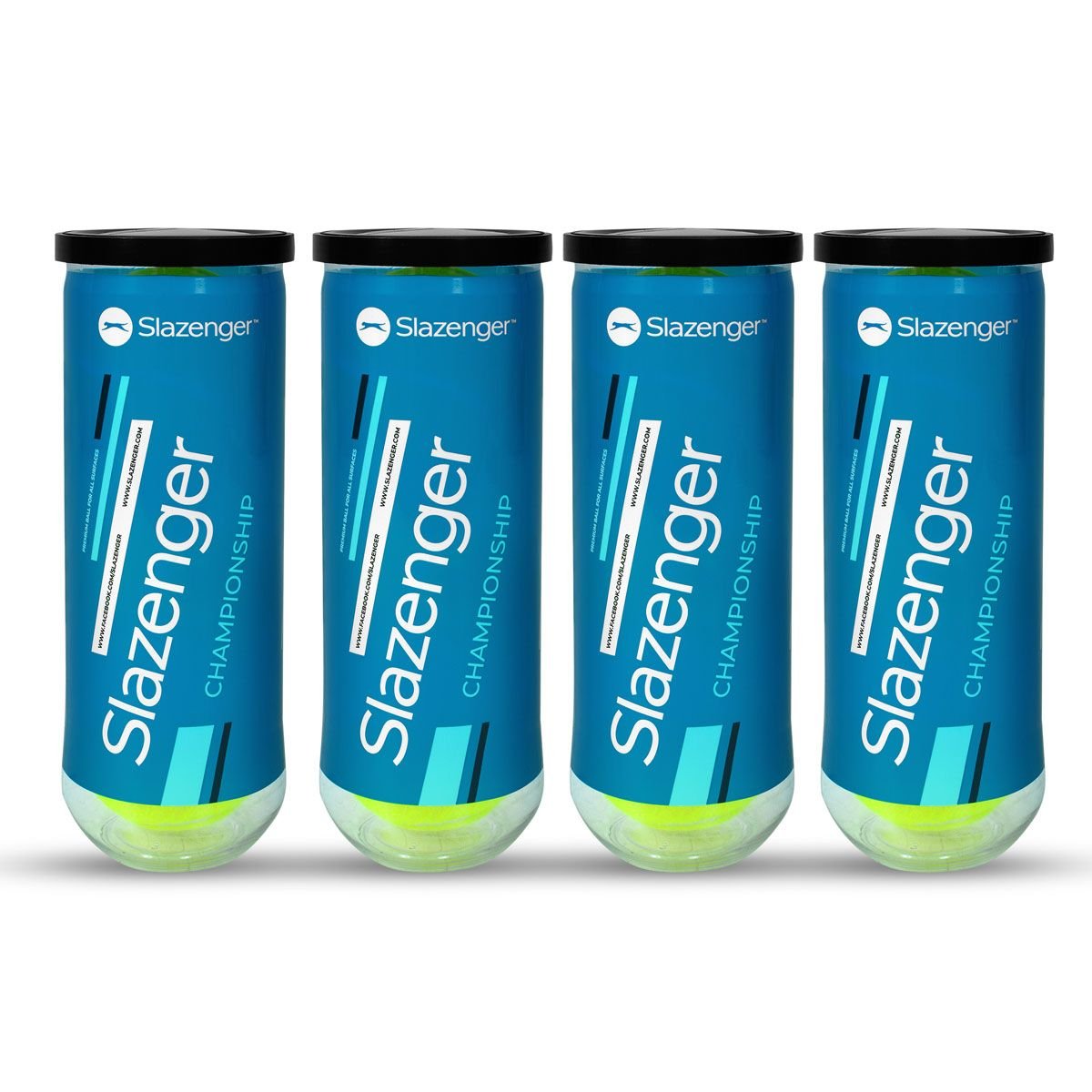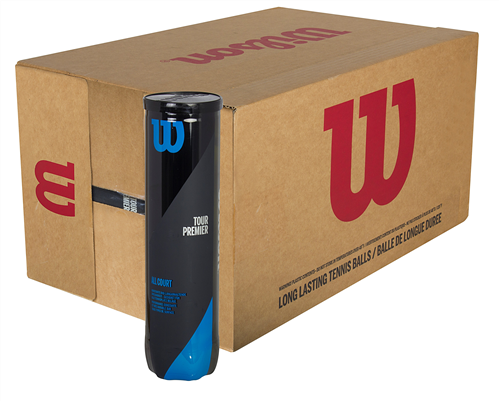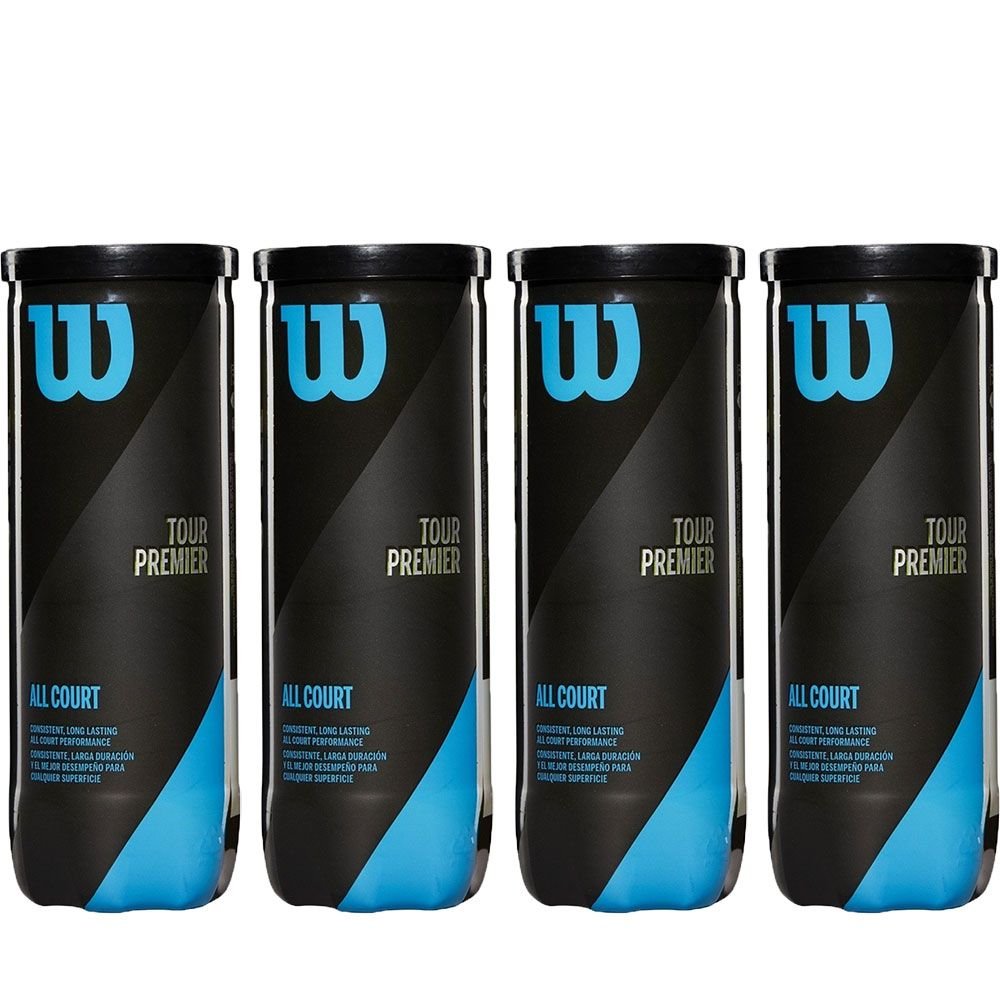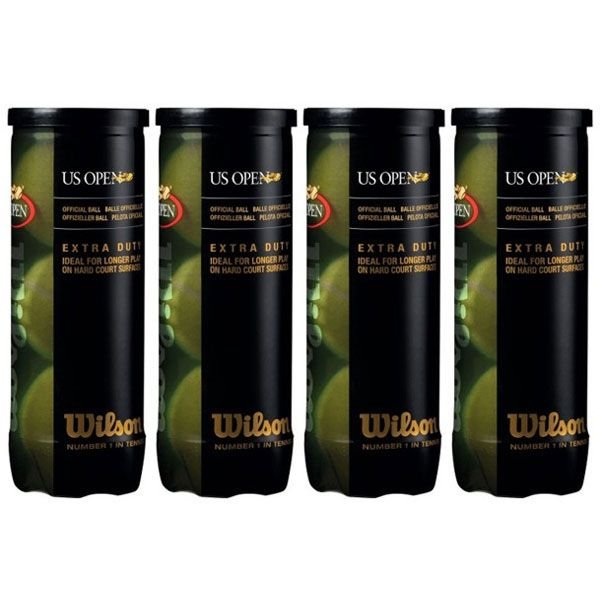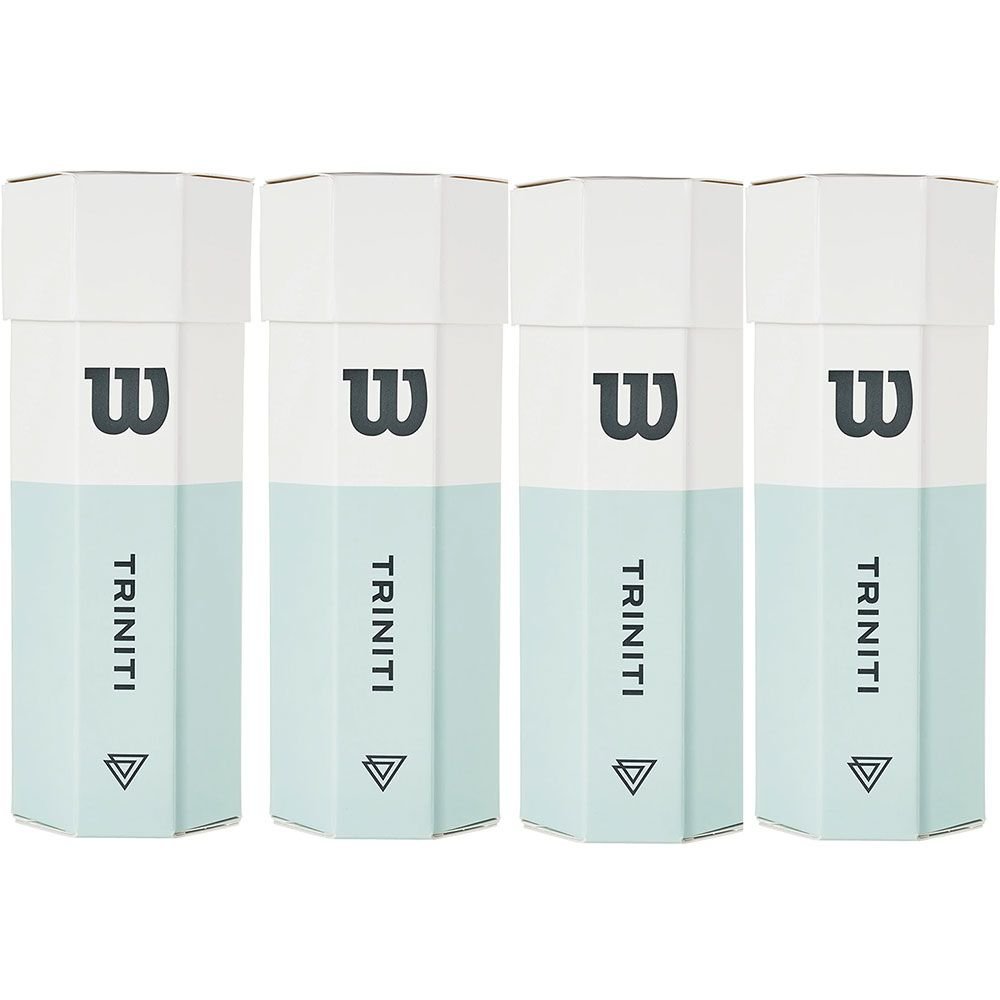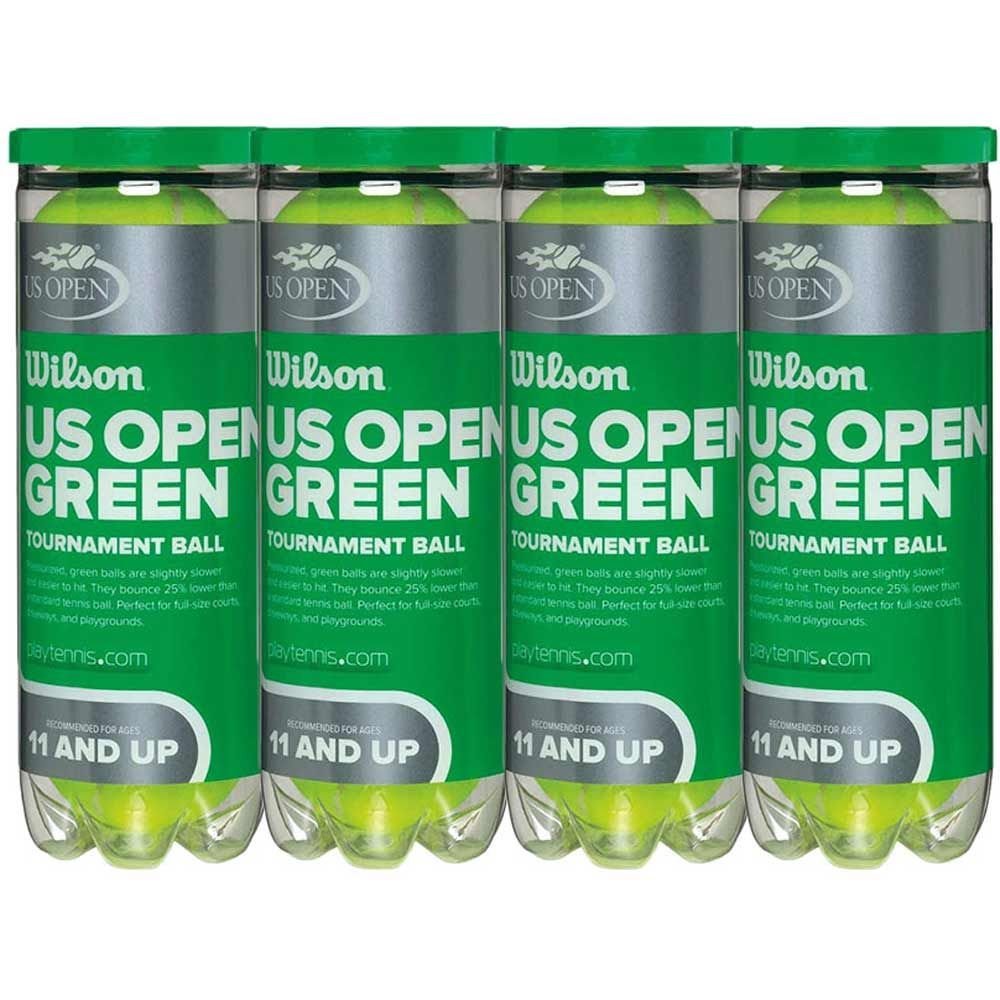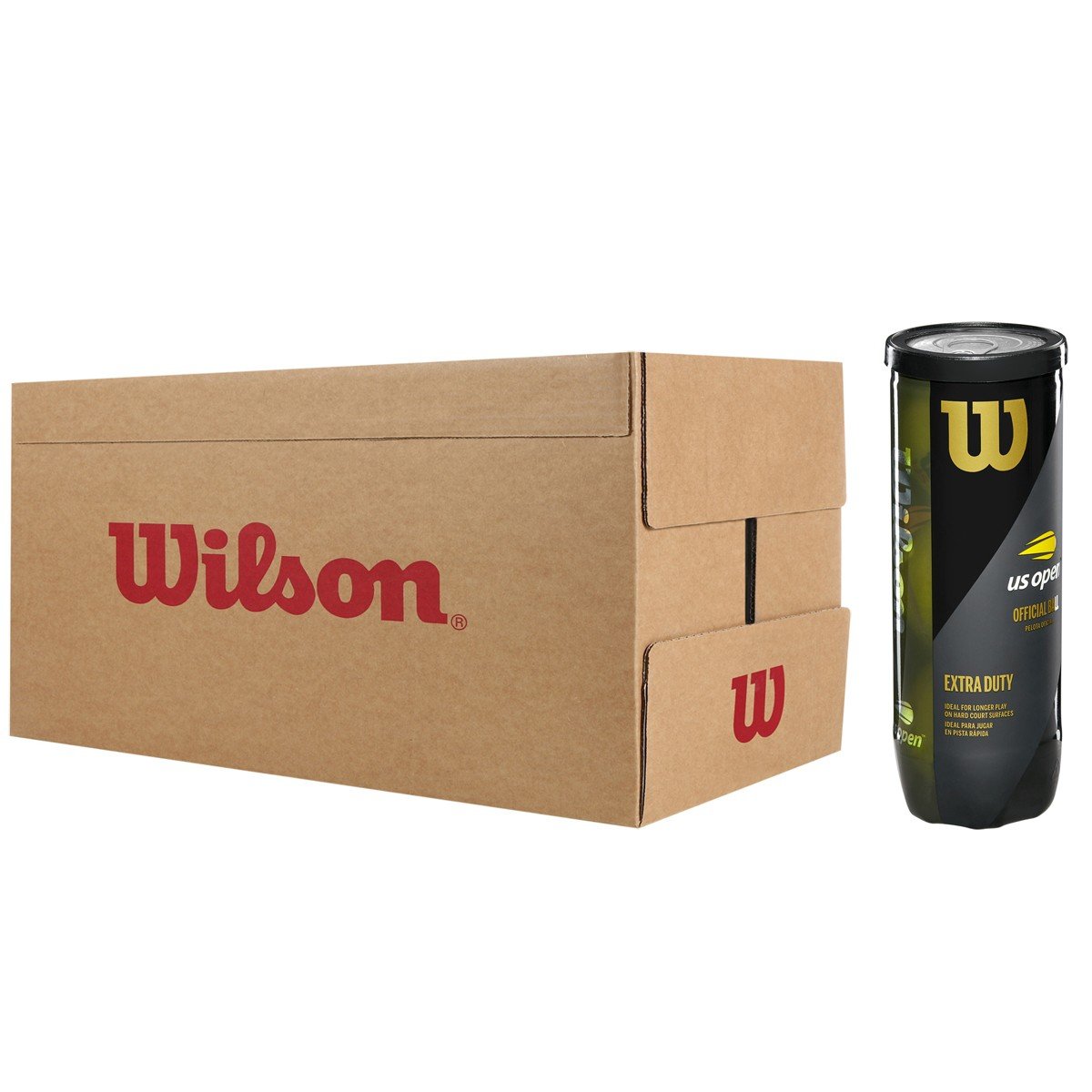Tennis is a game that demands precision, technique, and the right equipment. Among all the equipment, the tennis ball is one of the most crucial. The choice of a tennis ball can greatly affect the game, influencing the bounce and speed.
In this article, we’ll explore the key factors to consider when choosing the best tennis balls, such as court surface, playing level, ball construction, and durability. We’ll also share our top picks for the best tennis balls available in 2024.
in this article, we’ll explore the key factors to consider when chsoooing the best tennis balls, such as court surface, playing level, ball construction, and durability. We’ll also our top picks for the best tennis balls available in 2024.
How to Select the Best Tennis Balls
When it come The choice of tennis ball depends on several factors, including court surface, playing level, ball construction, and durability. Here’s a breakdown of these considerations to help you select the best tennis balls for your needs:
– Court Surface
The court surface significantly impacts the performance of the tennis ball. The three main types are hard courts, clay courts, and grass courts:
Hard Courts:
Made of concrete or asphalt, hard courts offer a balance between speed and control. Extra-duty tennis balls are ideal for these surfaces because they are designed to handle wear and tear.
Clay Courts:
Slower with a higher bounce, clay courts benefit from tennis balls that offer more control and spin. Regular-duty tennis balls are suited for clay courts due to their lighter weight and lower bounce.
Grass Courts:
The fastest surface with a low bounce requires a ball that compensates with increased speed and bounce. Grass court tennis balls are heavier and have a harder core to match this surface’s characteristics.
– Playing Level
The level of play influences the type of ball you should choose:
Beginners:
Slower balls help beginners practice their technique and adjust to the game. Foam or low-compression tennis balls are ideal for beginners due to their reduced speed and bounce.
Intermediate Players
These players benefit from balls that offer a balance of speed and control. Regular-duty tennis balls are suitable for intermediates as they provide a good mix of both.
>> ok
Advanced Players:
Advanced players need balls with high speed and control. Extra-duty tennis balls are recommended for their enhanced speed and precision.
– Ball Construction
The construction of a tennis ball affects its performance:
Pressurized Tennis Balls:
Filled with air at a specific pressure, these balls offer a consistent bounce and are commonly used in competitive play.
Pressureless Tennis Balls:
Made of solid rubber, these balls do not lose pressure over time and are ideal for practice and training due to their durability.
– Hybrid Tennis Balls:
Combining elements of pressurized and pressureless balls, hybrid tennis balls offer the durability of pressureless balls with the consistent bounce of pressurized balls.
– Durability
The durability of the tennis ball affects its lifespan and overall cost:
Pressurized Tennis Balls:
These typically have a shorter lifespan as their internal pressure can decrease over time.
Pressureless Tennis Balls:
These last longer due to their solid rubber construction, making them a good choice for extended practice sessions.
Extra-duty Balls:
While they wear out faster than regular-duty balls, they are recommended for hard courts to withstand the surface’s roughness.
By considering these factors, you can select the tennis ball that best suits your playing style, court surface, and level of play.
Top Picks for the Best Tennis Balls
DUNLOP TENNIS BALLS
Dunlop tennis balls are known for their durability and consistent bounce, making them ideal for both practice and competition. With high-quality construction and reliable performance, they offer excellent control and longevity on various court surfaces. Whether you’re training or playing competitively, Dunlop provides a dependable choice for players at all levels.
-
₹3,196.00Original price was: ₹3,196.00.₹1,650.00Current price is: ₹1,650.00. -
₹19,176.00Original price was: ₹19,176.00.₹9,500.00Current price is: ₹9,500.00. -
₹2,300.00Original price was: ₹2,300.00.₹1,500.00Current price is: ₹1,500.00. -
₹2,700.00Original price was: ₹2,700.00.₹1,650.00Current price is: ₹1,650.00. -
₹21,600.00Original price was: ₹21,600.00.₹10,500.00Current price is: ₹10,500.00.
HEAD TENNIS BALLS
Head tennis balls are celebrated for their high performance and durability, offering a great balance of bounce and control. Designed for both practice and competitive play, they provide consistent quality across different court surfaces. With advanced construction and a resilient felt covering, Head tennis balls ensure excellent playability and long-lasting performance for players of all levels.
-
₹2,579.00Original price was: ₹2,579.00.₹1,840.00Current price is: ₹1,840.00.
SLAZENGAR TENNIS BALLS
Slazenger tennis balls are renowned for their exceptional quality and performance. Known for their durability and consistent bounce, these balls are ideal for both training and competitive play. With advanced manufacturing and a high-quality felt covering, Slazenger tennis balls deliver reliable performance on various court surfaces, making them a popular choice among players seeking both reliability and value.
-
₹3,200.00Original price was: ₹3,200.00.₹1,700.00Current price is: ₹1,700.00.
WILSON TENNIS BALLS
Wilson tennis balls are favored for their excellent performance and durability. Known for their consistent bounce and reliable control, these balls are designed to meet the needs of both recreational and competitive players. With advanced construction and high-quality felt, Wilson tennis balls ensure optimal playability and longevity on all types of court surfaces, making them a trusted choice for many tennis enthusiasts.
-
₹19,176.00Original price was: ₹19,176.00.₹9,800.00Current price is: ₹9,800.00. -
₹3,196.00Original price was: ₹3,196.00.₹1,750.00Current price is: ₹1,750.00. -
₹3,196.00Original price was: ₹3,196.00.₹1,750.00Current price is: ₹1,750.00. -
₹3,596.00Original price was: ₹3,596.00.₹2,000.00Current price is: ₹2,000.00. -
₹2,796.00Original price was: ₹2,796.00.₹1,700.00Current price is: ₹1,700.00. -
₹19,176.00Original price was: ₹19,176.00.₹9,600.00Current price is: ₹9,600.00.
Conclusion
Choosing the right tennis ball is essential for elevating your game and enhancing your overall experience on the court. Whether you prefer a specific brand, type, or feel, understanding the key features can help you make an informed decision. Investing in quality tennis balls tailored to your playing style and court surface can lead to improved performance and enjoyment. Take the time to explore your options, and you’ll be well on your way to playing your best tennis!
FAQs
What type of tennis ball is best for beginners?
- Beginners are often advised to use low-compression balls, as they are softer and slower, making it easier to develop skills and enjoy the game.
How often should I replace my tennis balls?
- It’s recommended to replace tennis balls after 3-5 matches, depending on play intensity. Regularly using worn-out balls can negatively impact your performance.
Can I use regular tennis balls for practice on hard courts?
- Yes, regular tennis balls can be used on hard courts, but it’s better to choose balls specifically designed for hard surfaces for optimal durability and performance.
What’s the difference between pressurized and non-pressurized tennis balls?
- Pressurized balls are bouncier and maintain their performance for a limited time, while non-pressurized balls are more durable and provide a consistent feel, making them ideal for practice.

